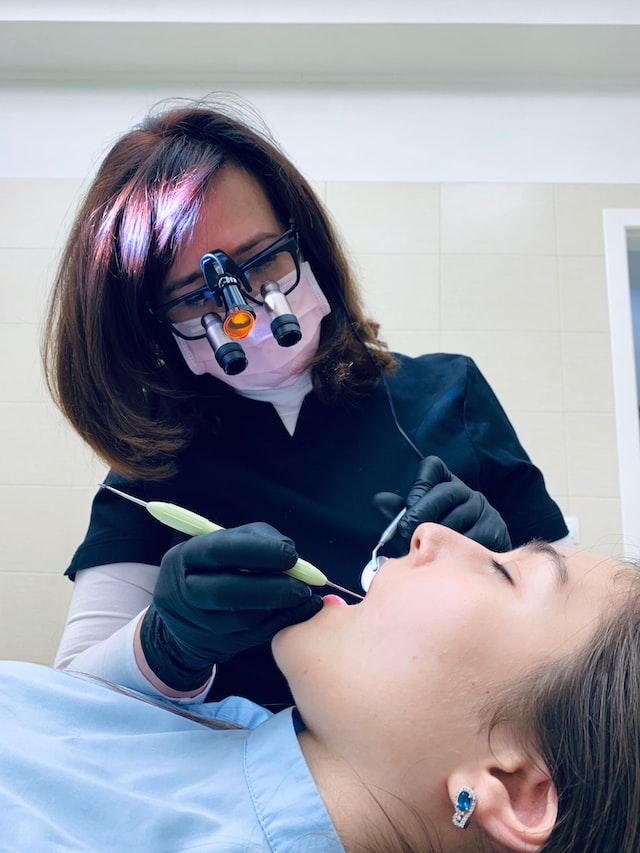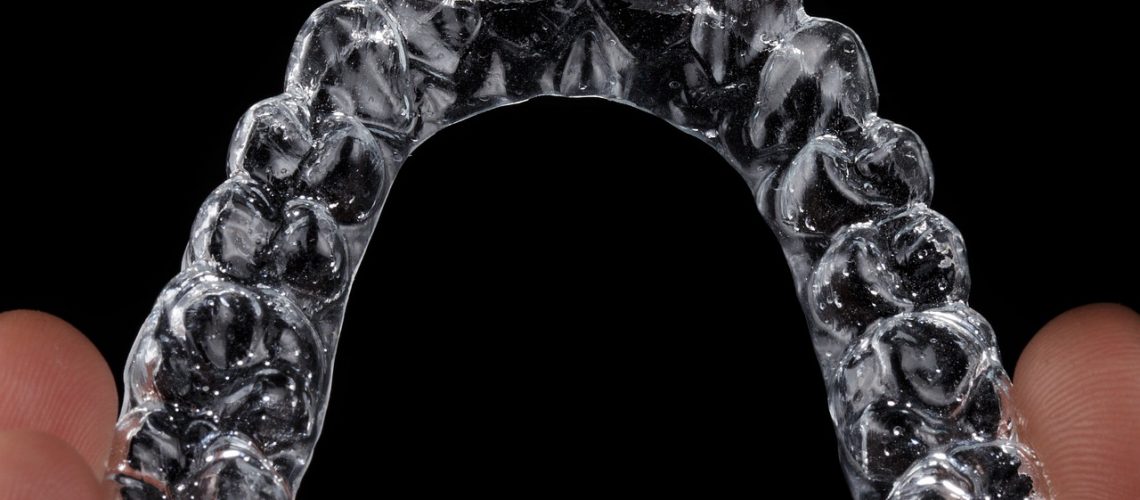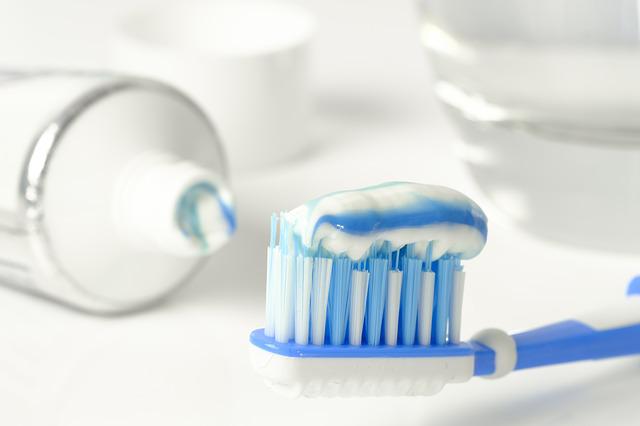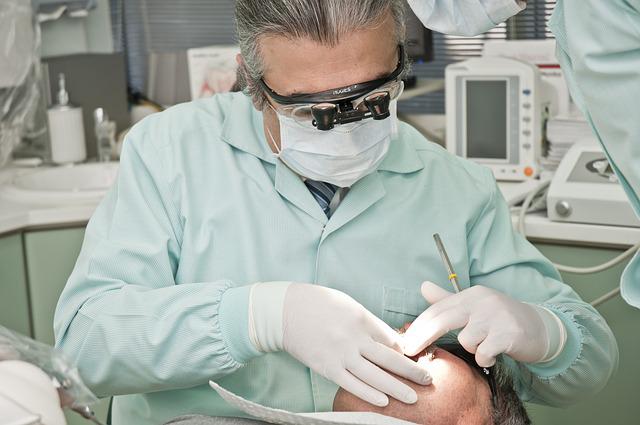Your smile is one of the first things people notice about you. Unfortunately, if you are missing teeth, this can take a toll on your self-esteem and your social interactions. It can also make eating more difficult.
Dental implants can help. But compared to every other kind of dental procedure, how well do dental implants work?
An implant is a metal screw-like device that serves as a tooth root. That may sound painful, but the dental implant procedure doesn’t hurt! An artificial tooth, called a crown, is placed on top of the screw to restore a lost tooth’s appearance and function. Implants last for many years and can positively transform your smile and oral health. Here’s what you need to know.
1) How Do Dental Implants Work?
A dental implant consists of three parts: the implant, an abutment, and an artificial tooth. How exactly do these dental implants’ components work together?
First, the implants, which are small titanium fixtures, are inserted directly into your jawbone. Then, crowns, dentures, or bridges (devices used to replace one or two teeth) are attached to the tops of the implants. Metal structures called abutments connect the new tooth to the implant.
2) Do Dental Implants Hurt?
Inserting a metal fixture into your jawbone does sound scary, but you will be sedated during the surgery and not feel any pain. You may feel a bit sore after the anesthesia wears off following the surgery, but over-the-counter pain medications are enough to manage this.
3) How Much Do Dental Implants Cost?
For some people, the question is not whether dental implants hurt the mouth—what about hurting the wallet? An implant to replace one tooth generally costs about $5,000, although your implant cost will ultimately depend on several factors. For instance, if you don’t have enough bone to support an implant, your dentist may have to add bone to the site through bone grafting. An implant treatment may qualify for insurance coverage.

4) How Long Do Dental Implants Last?
Dental implants work very well and have the potential to last a person a lifetime. How do they last so long? Unlike a natural tooth, a dental implant isn’t susceptible to problems like tooth decay. However, you must maintain healthy gums to keep your implant intact. This requires regular dental cleanings and exams as well as daily brushing and flossing.
5) How Successful Are Dental Implant Procedures?
Dental implants work for most patients with no future complications. Generally, implants are predictably successful over 90% of the time in a patient with good health and great oral hygiene. Speak to your dentist to understand how likely you are to benefit from implants.
6) Are Dental Implants Safe?
Overall, dental implants are safe, permanent solutions for replacing missing teeth. Implants last many years and do not hurt. Adults of any age can receive implants, but growing children are generally not candidates for them as their jawbones and teeth are still in the development process.
Your dentist may not recommend implants for you if you smoke tobacco or suffer from diabetes, as both may stifle your healing process. Likewise, you may not be a good candidate for implants if you have untreated and severe gum disease, which destroys gum tissue and bone. Implants might also not be possible if you take blood thinners or steroids. Your dentist will go over the risks associated with the medicines you are taking and determine whether adjusting the dosages or even avoiding the medications temporarily during the implant procedure would be possible.

7) Are Dental Implants Worthwhile?
Absolutely. Dental implants can instantly improve your eating ability, your appearance, and your confidence. They are sure to enhance your quality of life in both the short term and the long term.
8) Do Dental Implants Look and Feel Real?
Yes, implants are designed to both feel and look just like natural teeth.
9) Can Dental Implants Fall Out?
Unlike dentures, which are made to come out, dental implants work by surgically embedding into the jawbone, so they are designed to stay in place long term. Dental implants do not fall out if they are implanted properly and maintained. Good oral hygiene will help to ensure that your implants stay put for years to come.
Experience Dentistry Done Right with the Help of Definitive Dental
At Definitive Dental in Grand Prairie, we are excited to offer a number of dental treatments, including implants. If you’re wondering if dental implants would work for you, we are glad to answer any questions you have about this transformation treatment option.
We take pride in genuinely listening to our patients and guiding them to complete oral health. Call us today at 972-646-0660 or schedule an appointment online. We look forward to meeting you.















